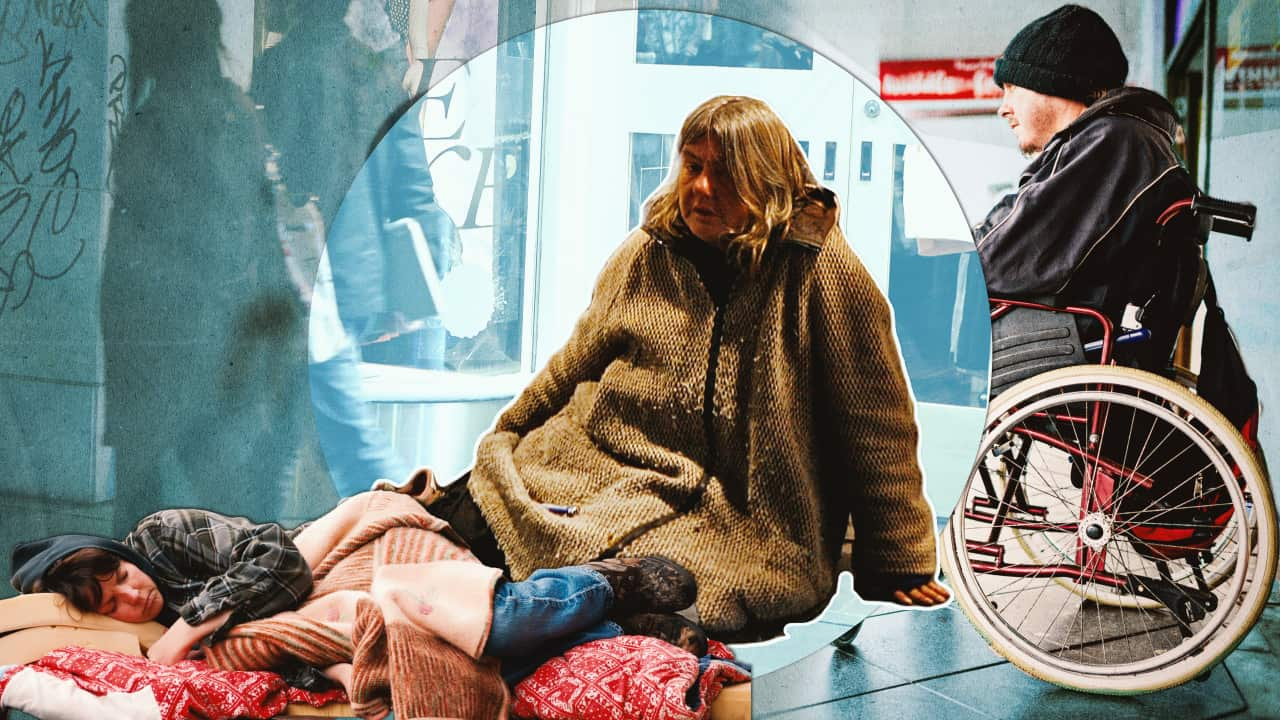Key Points
- If a neighbour is causing you grief, direct communication and private negotiations are preferred ways to address the issue instead of a formal court process.
- In Australia, government agencies and mediation service providers can offer information and support for dispute resolution.
- Check your local council to find out about bylaws relating to your complaint and where you can get help.
Whether you live regionally in a big house with a backyard, a city apartment, or a townhouse in the suburbs, differences and arguments with neighbours can possibly arise.
Disputes can occur for a variety of reasons when people live closely together. Issues around noise, fences, property boundaries, pets, overgrowing trees and parking are some of the common neighbourhood contentions.
Sometimes, a neighbour’s act or omission can be a nuisance. But under Australian common law, it is not enough for a behaviour to be annoying, to constitute what is called a ‘private nuisance’: a dispute between two individuals.
"The common law of Australia is that it will be a private nuisance if you are unreasonably interfered with in your use and enjoyment of the property that you occupy,” Barbara McDonald, Professor at the University of Sydney Law School, explains.

“Even sapos oli no stap kolosap, beh noise eii saveh muv long wan empty space hariap o samtaem from wan neighbour eii blockem access long property weh yu stap long hem.”,” Prof McDonald eii talem. Source: Moment RF / Andrew Merry/Getty Images
Litigation or Mediation?
If a court is asked to formally resolve the issue, it will consider several factors, including whether what you are complaining about is trivial or unreasonable and the context of your surroundings.
An example illustrating this, is whether a neighbour keeping animals which attract flies can amount to a valid complaint.
“Obviously this wouldn't be the case if you were in the country and farming areas, but it probably would be the case in an ordinary residential district,” Prof McDonald explains.
A lot depends on the standard of comfort that can be expected in the particular neighbourhood.Barbara McDonald, Professor at the University of Sydney Law School

"Legally, even sapos wan fruit tree blong neighbour blong yu eii hang eii kam narasaet long yard blong yu, hemi no stret blo yu jes karem nomo, yu mas gat akrimen wetem neighbour blong yu," Profesa McDonald eii talem. Credit: sturti/Getty Images
Before engaging in legal action, contact the neighbour directly. And if things do not improve, then you should consider mediation.Support is also available from government agencies like Community Justice Centres (scroll to the end of the article for options at your state or territory).
“Litigation is costly, it takes a long time, it can lead to more acrimony between people,” Prof McDonald says.
“It's a good idea to write a courteous note to your neighbour, so that you have proof in writing…and give notice that there is a problem, which gives your neighbour an opportunity to do something about it. If things deteriorate, or if they don't do anything about it, I think you should always try for mediation.”
Melissa Haley is the CEO of Conflict Resolution Service, a Canberra-based not-for-profit provider of mediation services.

Accredited mediators are trained to navigate the process in a neutral way, assisting all parties involved to agree on a solution. Credit: Keith Berson/Getty Images/Image Source
“And it's not something you can achieve when you go into an adversarial process, where you have one person making a decision on what has just been presented in front of them.”
Ms Haley says good will and the intention to work through the dispute are prerequisites for all involved.
It is also common for more people than those immediately involved to attend mediations, such as adult children who are supporting their elderly parents.
“The whole process of mediation brings you up to an end point where you can start negotiating, and actually agree to the outcomes. You write it in your own words, so that everyone has ownership of what the outcome is; and it should give you a clear path of what to do going forward,” Ms Haley says.

There are ways to resolve your neighbourhood disputes without resorting to courts. Before choosing an adversarial process, consider mediation. Credit: Nils Hendrik Mueller/Getty Images/Image Source
What happens if many are involved in one dispute?
Neighbourhood altercations can be more complex when multiple people with different interests are involved. This is can usually occur in the case of units or apartments.
When Chaminda Kiriwattuduwa was living in Sydney, his apartment was affected by a neighbour’s balcony leakage. One day, a test was conducted without prior notice to other tenants in the building.
“We happen to come home after work and the ceiling was red, and there was red liquid pouring down from the ceiling to the floor. It was a little bit scary, and we were not sure what's going on. So, it was a bit overwhelming.”
Mr Kiriwattuduwa says he contacted the property management agency first, but he also sought advice from .
Working towards a resolution was stressful, as the neighbour who had conducted the leakage test was also a member of the strata committee.
“The agency didn't know who initiated it [the test]. It turned out it was one of the members of the strata committee and because of that the agency could not give out notice to the tenants.”
“Then the agency had to track down basically who's liable to actually fix the mess that was caused.”

While laws on dividing fences are fairly similar across Australia, they do differ in each jurisdiction. Check with your local council for what applies in your area Source: Moment RF / Kinga Krzeminska/Getty Images
Melissa Haley emphasises that when dispute resolution takes place in a strata community, a decision must be made on how to deal with similar future incidents.

In case of multiple parties in a neighbourhood dispute, a facilitated group conversation with a neutral mediator can help reach consensus by all involved. Credit: SDI Productions/Getty Images
“There will be mediation services across Australia, some private, some government funded, but your council will have that information. Other than that, you've got legal aid services as well.”
Ms Haley says, there is one simple step anyone can do to help prevent neighbourhood disputes.
“I always say to people, is go and introduce yourself to your neighbour, as soon as you move in, into your new property.
“It doesn't mean you have to be best friends, but putting out that olive branch, and introducing yourself, really does make a huge difference long term.”

Establishing a minimum communication with your neighbour helps avoid misunderstandings and conflict. Credit: AJ_Watt/Getty Images




